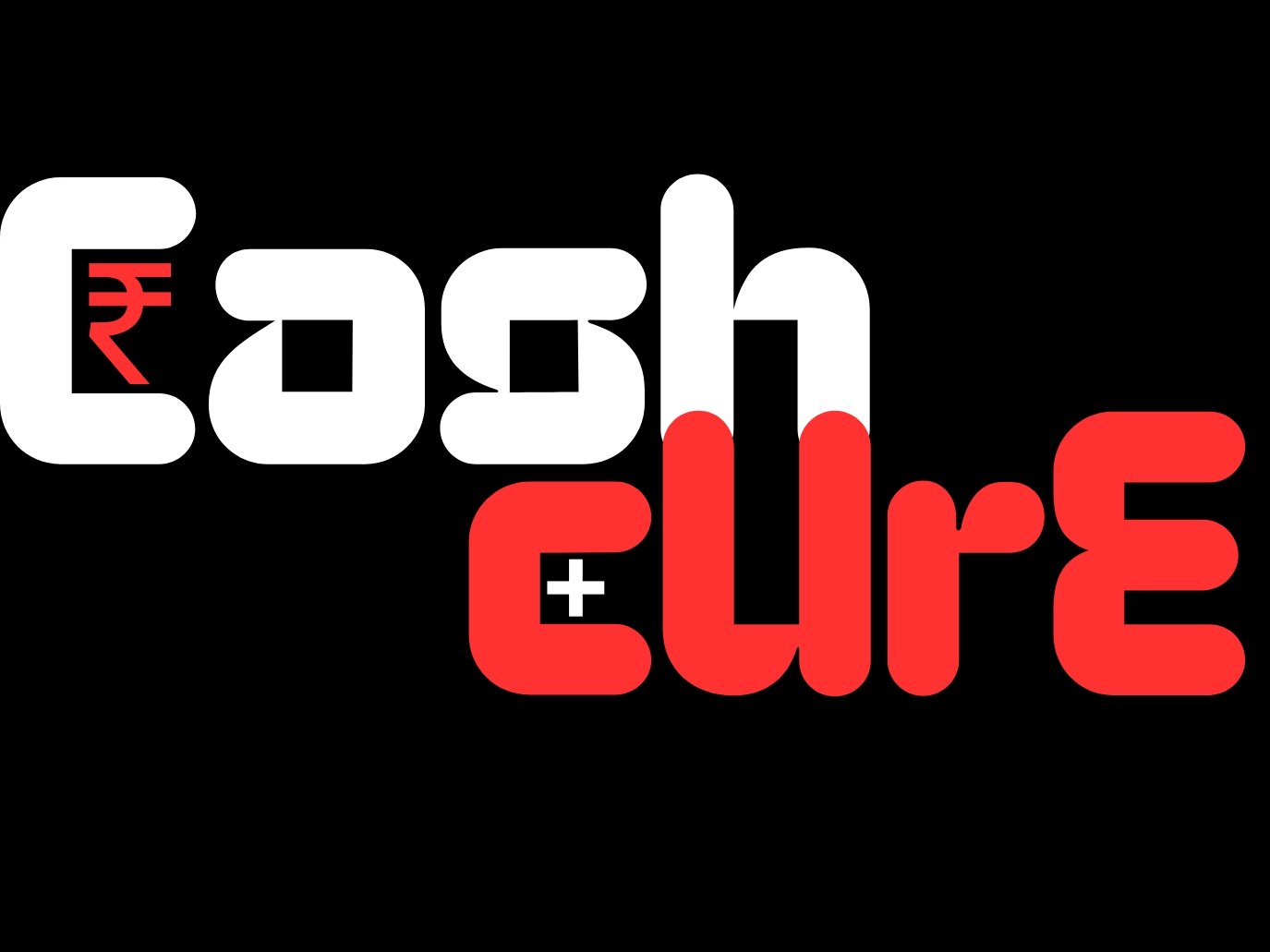Graduation is often a time for optimism and new beginnings. For Gen Z graduates in 2025, however, this optimism is tempered by a stark reality: a significant gap between salary expectations and the market’s current offerings. A recent survey of approximately 3,000 rising and recent graduates reveals this growing disconnect, leaving many young professionals reevaluating their career and lifestyle aspirations.
The Job Market Reality
While 82% of new graduates expect to find work within three months of graduation, the reality of the job market tells a different story. February 2025 saw an unemployment rate of 9.7% for workers under 24—more than double the national average. Additionally, 20% of job seekers reported job searches lasting over 10 months, reflecting an elongated and challenging hiring process.
“Are candidates realistic? What are their salary expectations? Are they flexible?” asks Susan Levine, CEO of Career Group, in an interview with Fortune. She emphasizes the importance of adjusting expectations and maintaining flexibility during the job search process. Even though longer hiring timelines are a factor, Levine suggests that mismatched expectations also play a significant role in delays.
What Gen Z Values Beyond Salary
While pay remains a critical factor, Gen Z’s expectations extend to other workplace attributes. According to a ZipRecruiter survey, the class of 2025 prioritizes the following:
- Schedule Flexibility: 90% consider it an important factor.
- Remote Work Opportunities: 82% hope for at least one remote workday per week.
- Unionization Support: Over half would support unionization if deemed necessary, although enthusiasm remains moderate.
- AI Concerns: Nearly 47% of graduates worry that artificial intelligence could reduce job availability in their fields.
The Salary Gap: Expectations vs. Reality
The survey also highlights a significant disparity between expected and actual salaries. While rising graduates anticipated an average starting salary of $101,500, the actual figure averaged $68,400—a gap of over $33,000. This has prompted 42% of graduates to lower their lifestyle expectations. Notably, only 18% reported receiving salary offers exceeding their expectations.
Despite these challenges, optimism persists in some quarters. The National Association of Colleges and Employers (NACE) reports that nearly 90% of employers plan to either maintain or increase hiring levels for the class of 2025. However, individual experiences may vary significantly, highlighting the importance of resilience and adaptability for new entrants into the workforce.
Navigating the Challenges of the Workplace
Headlines paint a complex picture for Gen Z’s workplace integration. Reports suggest that almost a third of Gen Z and young millennials have engaged in “career catfishing,” abandoning jobs mid-interview due to dissatisfaction with the process or atmosphere. Such behavior risks alienating potential employers, as demonstrated by a Fortune report where 37% of managers indicated a preference for AI over Gen Z hires.
However, there is hope. As employers adapt their hiring practices to attract young talent, opportunities for meaningful employment remain. The key lies in bridging the gap between individual expectations and the realities of the market.
Strategies for Success
For Gen Z graduates, the path to success begins with understanding the market and communicating their value effectively. Stella Adler’s timeless advice resonates here: “You’ve got to have a talent for your talent.” Graduates must demonstrate their professional worth beyond degrees and GPAs, focusing on how they can contribute to an organization’s success.
Creating a vision—one that is realistic and compelling—is essential. From LinkedIn profiles to cover letters, every aspect of a job application should showcase not just skills, but also purpose and potential impact. Effective communication remains the cornerstone of a successful job search, enabling graduates to stand out in a competitive landscape.
In a job market defined by uncertainty and rapid change, Gen Z graduates have an opportunity to redefine success on their terms. By balancing ambition with adaptability and leveraging their unique skills, the class of 2025 can navigate the challenges of entry-level employment and build fulfilling careers.


Leave a Reply
You must be logged in to post a comment.